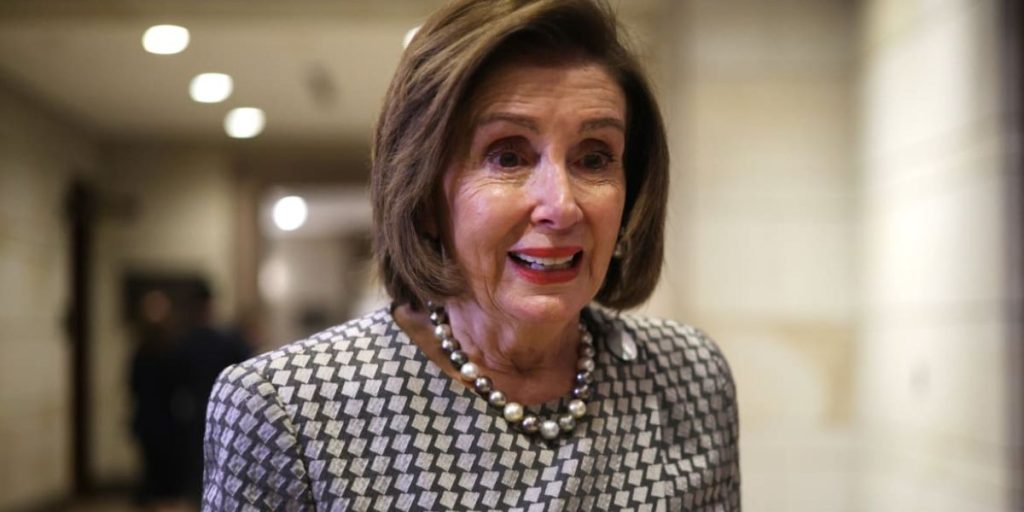David Allen Carrier, 44, of Concord, California, has been sentenced to 11 months in jail after making threatening voicemails for former House Speaker Nancy Pelosi and Secretary of Homeland Security Alejandro Mayorkas, according to Axios.
Carrier’s acts constituted direct threats against federal authorities and interference with their official duties, so he pleaded guilty to two counts of making threats.
Carrier’s ominous voicemail to Pelosi on January 21, 2021, contained explicit language and a threat of physical attack. On June 30, 2022, he left a voicemail at the Department of Homeland Security hotline, threatening violence against Mayorkas and immigrants he characterized as “illegal.” These activities led to his admission of intending to hinder Pelosi’s duty as a member of Congress.
The Department of Justice announced Carrier’s sentence, which includes 11 months in jail and a three-year supervised release period during which he must receive mental health and substance abuse therapy. U.S. Attorney Ismail J. Ramsey underlined that, while public engagement in political discourse is a vital right, threats to public employees harm the democratic process.

Meanwhile, the Department of Justice announced ongoing investigations into multiple claims of threats against election workers. According to Axios, such incidences increased dramatically during the 2020 and 2022 elections, particularly in battleground areas such as Arizona.
At a news conference on Monday, the DOJ’s Election Threats Task Force, directed by John Dixon Keller, raised concerns about the trend of election officials becoming targets of violence and intimidation.
Keller’s comments came after Joshua Russell, an Ohio man, was sentenced to 2.5 years in jail for threatening to kill Arizona Gov. Katie Hobbs while she was secretary of state in 2022.
Keller emphasized that, while punishment is important, tackling the underlying normalcy of threats and attacks on government personnel necessitates broader societal reform.
The DOJ’s activities are intended to counter the rising threats against election workers, to which Attorney General Merrick Garland responded by establishing the Election Threats Task Force in 2021. Keller stressed the distinction between acceptable political conversation and criminal threats, stating that normalizing such animosity jeopardizes the integrity of elections and democratic institutions.
“Death threats are not a matter of debate,” Keller added. “Death threats are not a protected constitutional right.”